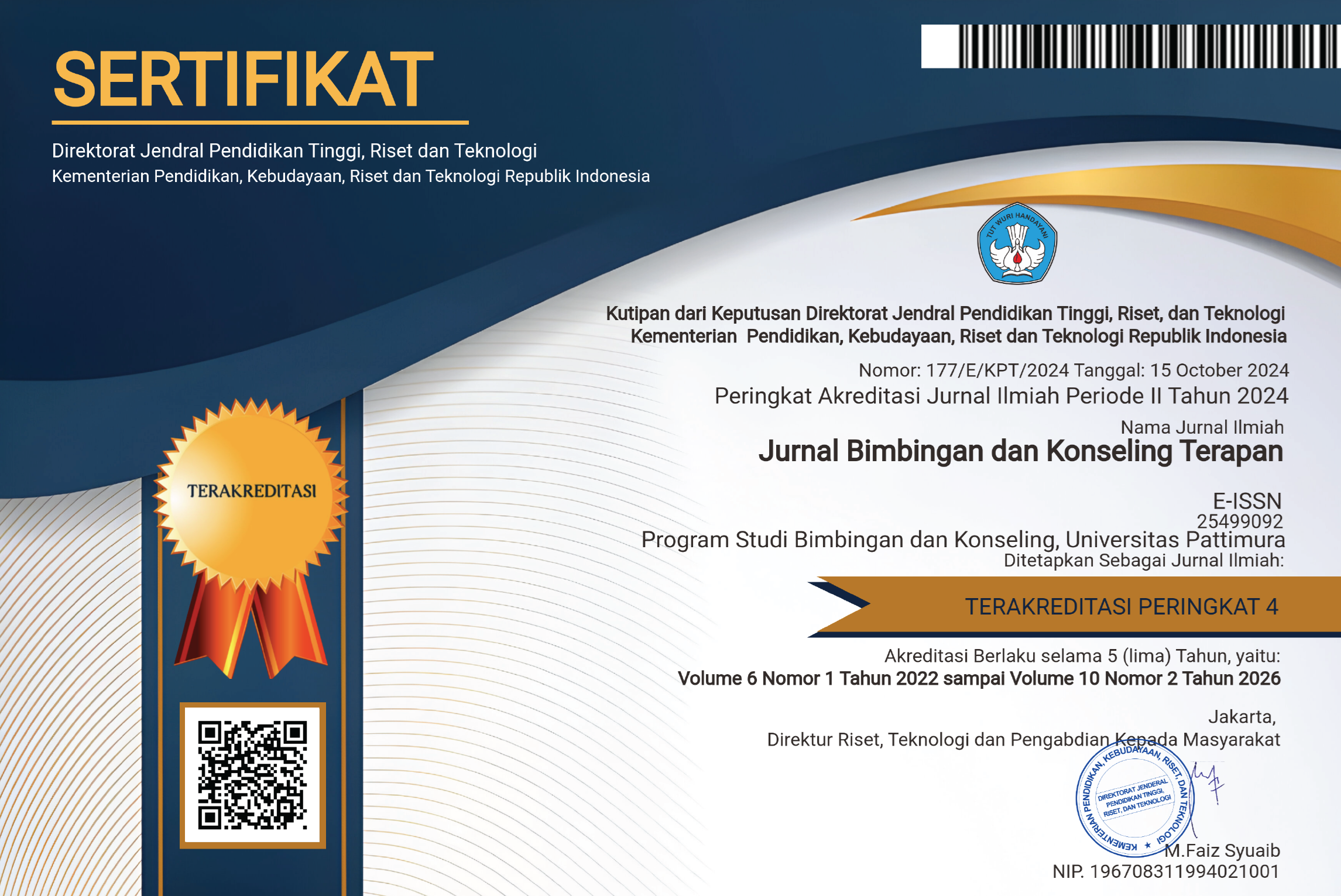Accreditation Certificate
Plagiarism Policy
Plagiarism is the unethical act of copying someone else’s initial ideas, processes, results or words without explicit acknowledgment of the original author and source. Self-plagiarism occurs when an author utilizes a large part of his/her own previously published work without appropriate references. It can range from getting the same manuscript published in multiple journals to modifying a previously published manuscript with new data.
Types of Plagiarism
Full Plagiarism: Previously published content without changes to the text, idea and grammar is considered full plagiarism. It involves presenting exact text from a source as one’s own.
Partial Plagiarism: If the content is a mixture of multiple sources, where the author has extensively rephrased text, it is known as partial plagiarism.
Self-Plagiarism: If the author reuses complete or portions of their pre-published research, it is known as self-plagiarism. Complete self-plagiarism is a case when an author republishes their own previously published work in a new journal.
Please Note:
- Full plagiarism, partial plagiarism, and self-plagiarism are not allowed.
- The authors should ensure that they have written entirely original works, and if the authors have used the work and words of others, this has been appropriately cited or quoted.
- An author should not, in general, publish manuscripts describing essentially the same research in more than one journal or primary publication. Submitting the same manuscript to more than one journal is unacceptable and unethical publishing behavior.
Proper acknowledgment of the work of others must always be given. Authors should cite publications that have been influential in determining the nature of the reported work.
The editor will run a plagiarism check using Turnitin for the submitted articles before sending them to the reviewers. We do not process any plagiarised content. If an article has over 25% plagiarism based on the check result, the article will be rejected.











